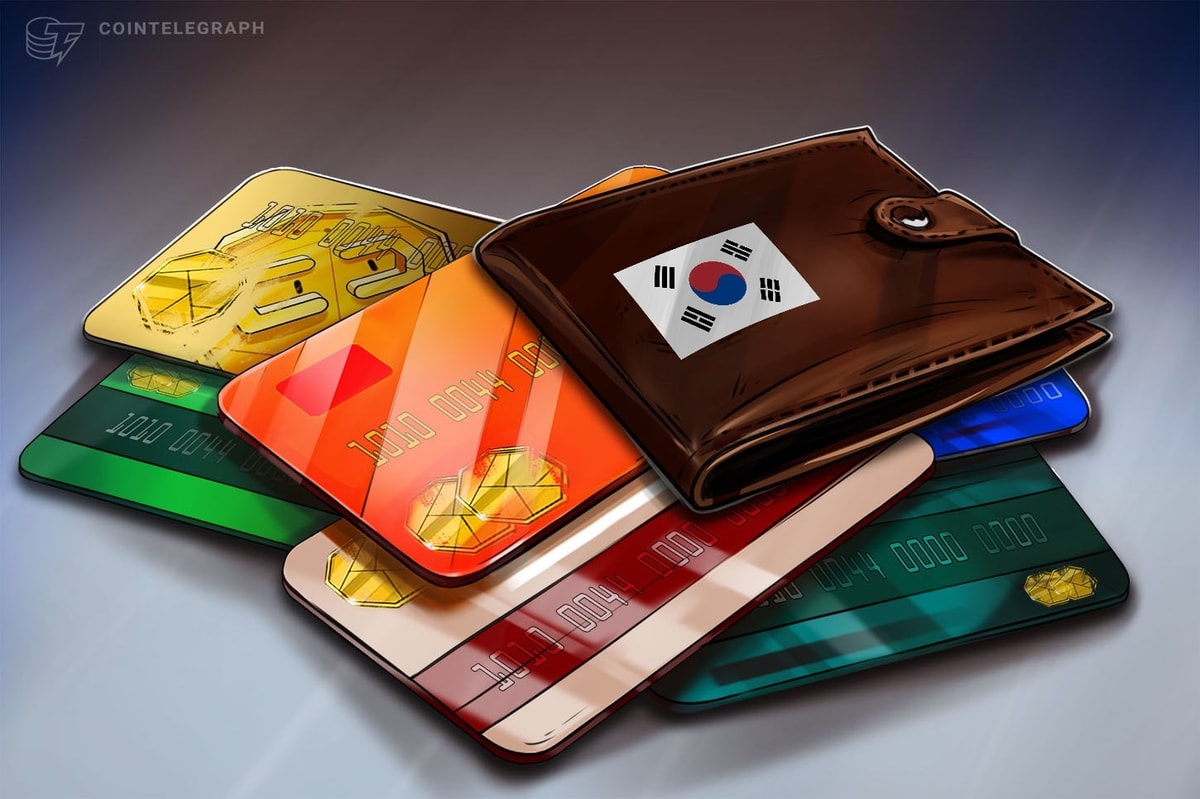
One of the longest-standing questions in the Bitcoin community has been where the technology will take off first. Some have said that Bitcoin makes much more sense in the developing world, while others claim developed nations like the United States have the sort of tech savvy and wealthy population necessary to give this new technology a boost.
While it’s unclear where Bitcoin will find its place in the daily lives of an entire nation first, Snapcard
Co-Founder and CEO Michael Dunworth
seems convinced that there is plenty of potential for the peer-to-peer digital cash system in Brazil. In the past, other South American countries have been touted as locations where Bitcoin is booming without much evidence
, but Dunworth has been working on the ground to help power a revolution in money and payments in Brazil.
The Snapcard CEO recently visited the Central Bank of Brazil and gave a presentation on Bitcoin and blockchain technology to officials from various government departments.
Bitcoin Magazine spoke with the Dunworth at last month’s Blockchain Agenda Conference in San Diego
, and he shared some of the key reasons why, in his mind, Bitcoin simply makes sense for Brazil.
Brazil’s Versions of Square and PayPal Will Integrate Bitcoin
Although there are a number of bitcoin payment processors that operate within the United States, the total number of merchants currently accepting bitcoin is still nothing more than a drop in the bucket.
There have been partial integrations of Bitcoin at PayPal
and Square
, but the majority of brick-and-mortar payments still take place through devices where Bitcoin is not an option for the merchant.
According to Dunworth, this is also the case in Brazil right now, but that dynamic could change in the near future.
“There’s a lot of companies in Brazil – like the equivalent of PayPal, Square, and all that – that are all very close to moving on Bitcoin,” he said. “I think 2016 will be a humongous year for Brazil. These companies aren’t international brands, but for them, they have something like 35 million users.”
It’s unclear if bitcoin payments would be enabled by default on these payment systems, but it’s clear that accepting the digital currency becomes much easier for merchants when it’s at least included as a possible option. Once it becomes widely available to merchants, it then becomes easier for businesses to reap the benefits of the low-cost, irreversible payment system.
Credit Cards Come with High Fees and Delays for Merchants in Brazil
Dunworth also was able to explain the specific benefits of accepting bitcoin for merchants in Brazil. He started by comparing the costs of accepting card payments in the United States to how things work in the South American country:
“In the USA, you come along, you swipe your card, you buy a coffee at my Square terminal
, and I get paid the next day or the day plus one. Within two days, the money is in my bank account. In Brazil, not only am I paying way higher fees – like between 4 to 7 percent for every swipe – but that money that you swipe is not in my account for 30 days.”
While there are still some theoretical benefits to accepting bitcoin as a merchant in the United States, it’s clear there is much more time and money to be saved by businesses operating in Brazil.
Dunworth went on to explain the clear contrast between card-based payments and bitcoin payments for merchants in Brazil:
“You can pay like a 10 percent fee to get [the money from a card payment] within 3 days or whatever, or you can do bitcoin, which we settle next day. And that’s where you start to see real incentives because the merchant realizes he can get the money tomorrow and he doesn’t have to give up 10 percent of it to get it sooner.”
Dunworth also noted that it would make sense for these businesses to offer incentives to customers who choose to pay with bitcoin. He noted a discount of 7 percent to 10 percent for customers paying with bitcoin could make sense in these situations.
Payment Delays Increase Operating Capital Requirements
When talking about the benefits of accepting bitcoin, most people mainly talk about the direct cost savings of cutting out the fees associated with card payments; however, Dunworth pointed out that there is much more to the story. Due to the long delay from the time a customer makes a card-based payment until the money is in the merchant’s bank account, a much larger amount of upfront capital is required for the business to operate.
“In Brazil, they’re sort of like, ‘Bitcoin is more friendly for me and my operation,’ Dunworth explained. “You know, if you have an operation selling T-shirts, and you sell $1,000 worth of T-shirts as a small business – if you sell that much per day, you now need a $30,000 to $40,000 operating capital
because you have to get paid every month. That makes your business a damn expensive business to run, so that’s why you can see they are incentivizing people to give them something that works faster than a credit card, basically.”
Bitcoin has long been touted as a savior for lower-cost payments in the developing world, but the peer-to-peer payment system has yet to catch fire in any of these regions. Dunworth seems convinced that 2016 is the year it will happen in Brazil, and his case for bitcoin in the South American nation is quite clear.
The only question left is whether merchants will make the transition to this new digital payment technology and provide the sorts of incentives consumers will likely need to start using bitcoin in the new year.










